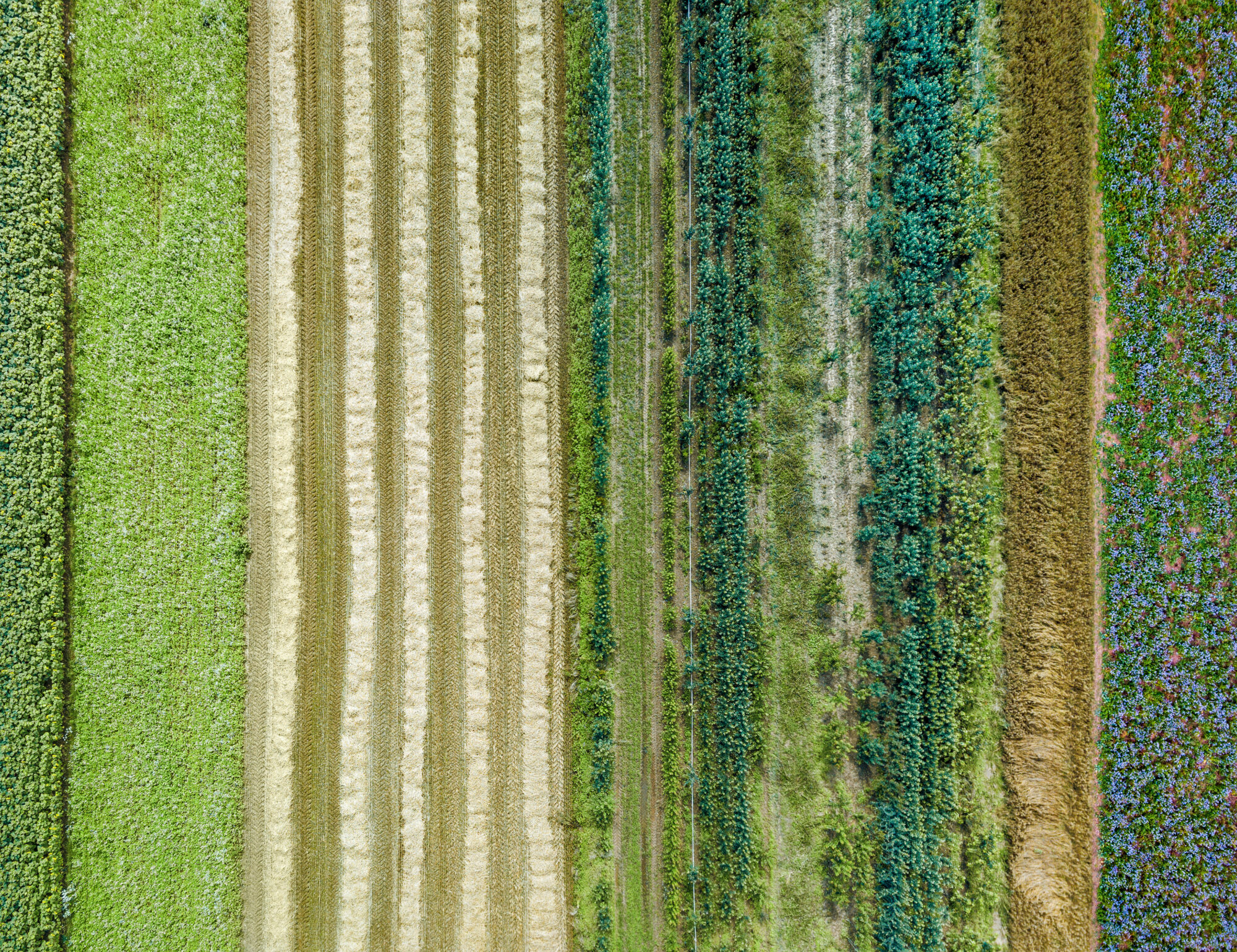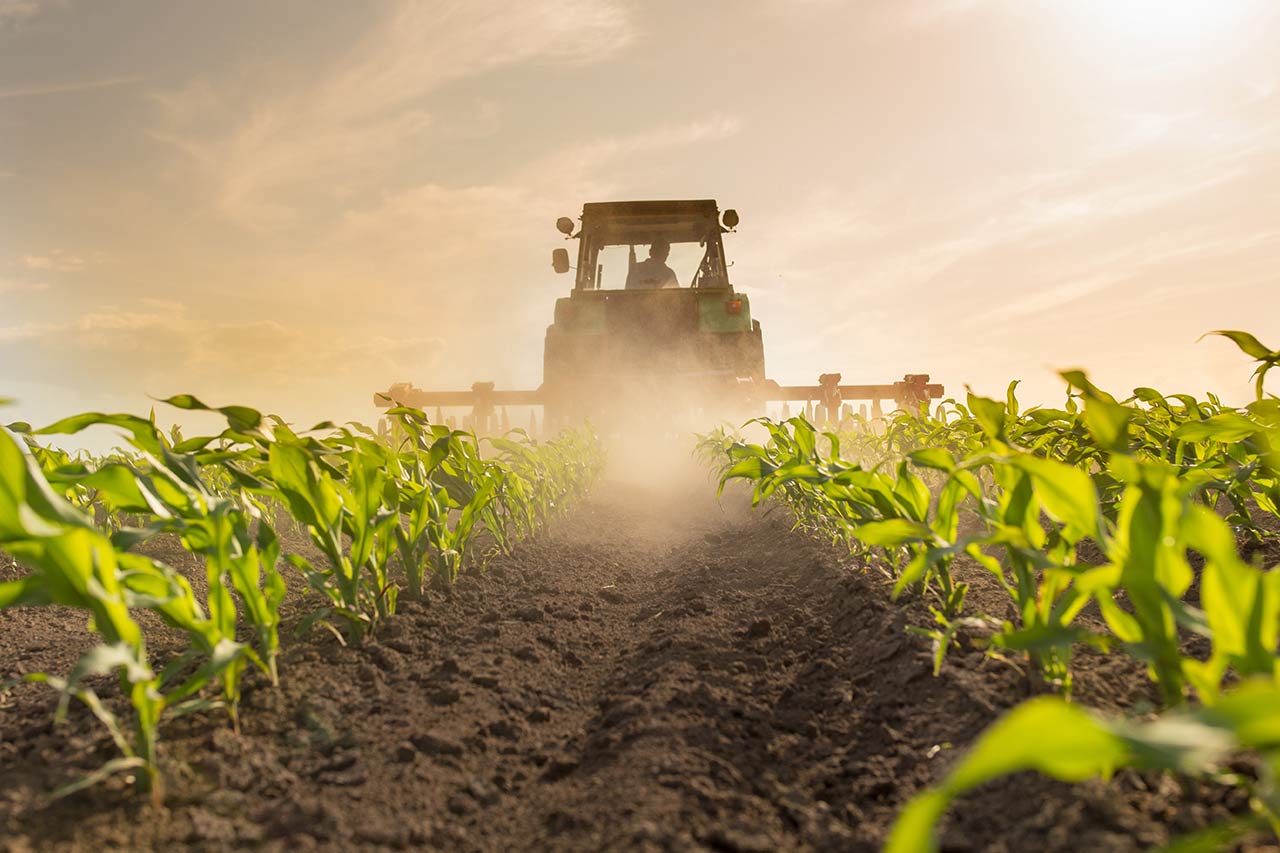Company-wide: collaborate within and between teams
Teams organized in silos that don’t communicate sufficiently
At company level, particularly in large industrial groups, it is still common for teams to carry out projects in silos. This lack of cooperation can lead to inefficient implementation of CSR strategies. And yet, companies’ commitment to their environmental impact is having an ever-greater impact on employee loyalty and recruitment, particularly among young people who are sensitive to these issues.
In large companies in particular, such as industrial agri-food groups, teams too often work in silos and don’t always communicate sufficiently. Lack of information sharing can lead to duplication of initiatives, dispersing forces rather than uniting them.
Increase collaboration between innovation, CSR and operational teams
Collaboration between teams when defining objectives and roadmaps is vital to ensure that teams are aligned, both with the company’s vision and with the feasibility of objectives.
It is therefore essential to strengthen the links between innovation and CSR managers and operational teams, in order to create a coordinated group-wide strategy. By capitalizing on collective intelligence, effective collaboration between all company players gives companies a competitive edge.
Workshops within agri-food industrial groups bringing together different teams, whether strategic or operational, can help companies to align and identify solutions.
Appropriate governance and effective collaboration are therefore prerequisites for the effective definition and implementation of CSR strategies.
Learn more about how our team can support you in your projects related to workshops >
Committed governance for employee investment
It is becoming increasingly important for companies to strengthen their CSR strategies to attract and retain new employees.
Young employees, recent graduates and job applicants are increasingly attentive to companies’ CSR policies: Nearly 80% of recent graduates look at CSR policy when choosing a new job.
Industry-wide: working with the entire value chain
For companies, the challenges of sustainable development go beyond the boundaries of their own structure, and involve the entire value chain. With scope 3 GHG emissions including supplies, transport, use of finished products and waste, more and more players need to agree on a common approach. Food manufacturers are implementing CSR strategies to limit the impact of their own activities, but not only. Manufacturers are working with upstream and downstream players to limit and control GHG emissions throughout their value chain.
For example, the dairy and cheese industries are implementing joint strategies with dairy farmers to reduce emissions from cattle farms. This is also the case for McCain and its commitment to regenerative agriculture. With 8 pilot farms in France, McCain supports farmers technically and financially in the implementation of no-till, plant cover and reduced inputs. In addition to these examples, many players are committed to limiting emissions from raw materials producers, through initiatives that are mainly upstream.
What remains to be done, however, is to integrate players further up the value chain, such as plant protection manufacturers, and downstream players such as waste management companies.
Challenges to overcome in developing sustainable collaborative CSR approaches
There are a number of challenges to be met when different structures collaborate: bringing players together, steering coordinated action, and finding agreements that benefit everyone. Stakeholders may have different priorities, depending on their stage of maturity and divergent or even competing interests.
Finding the right models for sharing costs and the value created
One of the main challenges lies in sharing costs and the value created. Implementing new actions, new technologies and restructuring to control the sector’s carbon footprint can generate additional costs. The question of cost-sharing can severely limit the implementation of the necessary measures. Indeed, cost-sharing can be an even greater issue when the collaboration involves structures of different sizes and stages of development. Similarly, if value is created as a result of actions implemented by the partners, the question of value sharing is also a challenge. Models still need to be found to ensure that each player in the collaboration can benefit from the value created, and that each player can make a financial return on their investment and commitment.
Coordinating and managing partnerships
Coordination is also a challenge for these partnerships. The participation of a third-party organization can provide a framework and ensure consultation. In France, this is the case for organizations such as France AgriMer and NumAlim, as well as the ANIA and agricultural interprofessions. For example, in 2020, thanks to representation by Syndifrais (an interprofessional organization), the “PS25 Consortium” was created. Dedicated to examining and financing a polystyrene recycling process in France, it brings together food manufacturers (Lactalis, Yoplait, Bigard…) and recycling players (Citeo, Valorplast…).
Ultimately, CSR collaboration is essential if we are to meet our commitments to reduce greenhouse gas emissions. Within companies, collaboration and communication between teams move the business forward and enable it to define effective, achievable strategies that include all the company’s stakeholders. But companies can’t work alone to reduce their impact, since the calculation of emissions includes scope 3 and the other players in the chain upstream and downstream of their activity. It’s up to the entire industry to rise to the challenges of this collaboration, because together, it’s possible to innovate and find ways of reducing the environmental impact of the entire industry. Alcimed can help you with these issues. Don’t hesitate to contact our team!
About the authors,
Mathieu, Project Manager in Alcimed’s Agrifood team in France
Sami, Senior Consultant in Alcimed’s Agrifood team in France
Ludivine, Consultant in Alcimed’s Agrifood team in France
Antoine, Consultant in Alcimed’s Agrifood team in France



